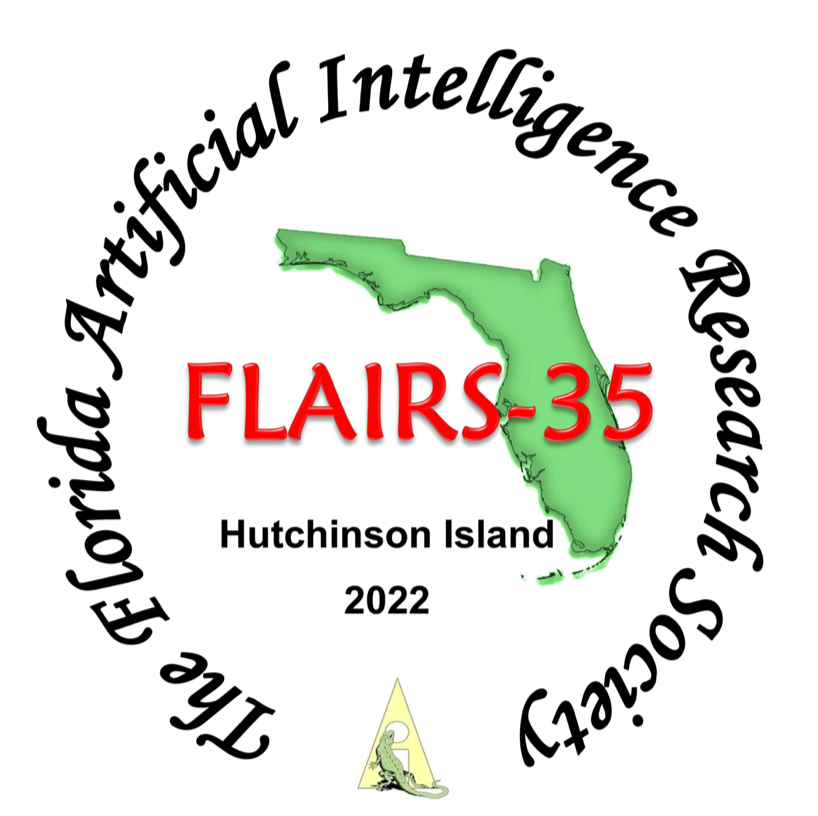Public Health surveillance from emergency call center data: visualization dashboard and NLP of call reports
Public Health surveillance from EMCC data
DOI:
https://doi.org/10.32473/flairs.v35i.130712Keywords:
Healthcare Informatics, Spatiotemporal data visualization, Emergency department, Covid-19, Territorial inequalities in healthcare access, Public Health, Syndromic surveillanceAbstract
By focusing on symptoms and not diagnoses, the socalled syndromic surveillance system gains in immediacy what it loses in specificity with respect to other more traditional options for public health surveillance. Reports of calls to emergency medical communication centers (EMCC) supplemented by the data collected by the rescue workers who arrived on the scene constitute a cost-effective and rich source of information. Unfortunately, EMCC data are infrequently used and their utility has not been demonstrated.
The aim of this study was to explore the usefulness for public health surveillance of EMCC data when analyzed using text mining and visualization tools. Transformer-based deep learning architectures were used to classify call reports according to the reason for the call. We also extracted indicators that could serve as proxy measures using a keyword-search algorithm. We then developed a dashboard visualization tool to enable dynamic and spatial exploratory analyses. Finally, we explored the potential of this tool for two applications. While the tool proved unable to detect Covid-19 outbreaks, it appeared to be promising for a better understanding of territorial inequalities in healthcare access.
Downloads
Published
How to Cite
Issue
Section
License
Copyright (c) 2022 Alexandre Naprous, Marta Avalos-Fernandez, Catherine Pradeau, Emmanuel Lagarde, Cedric Gil-Jardine

This work is licensed under a Creative Commons Attribution-NonCommercial 4.0 International License.


